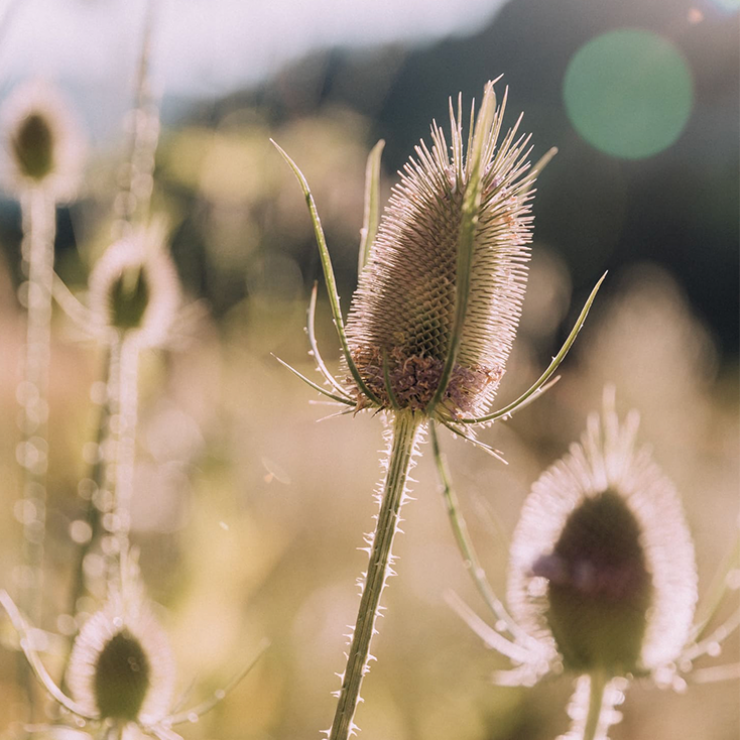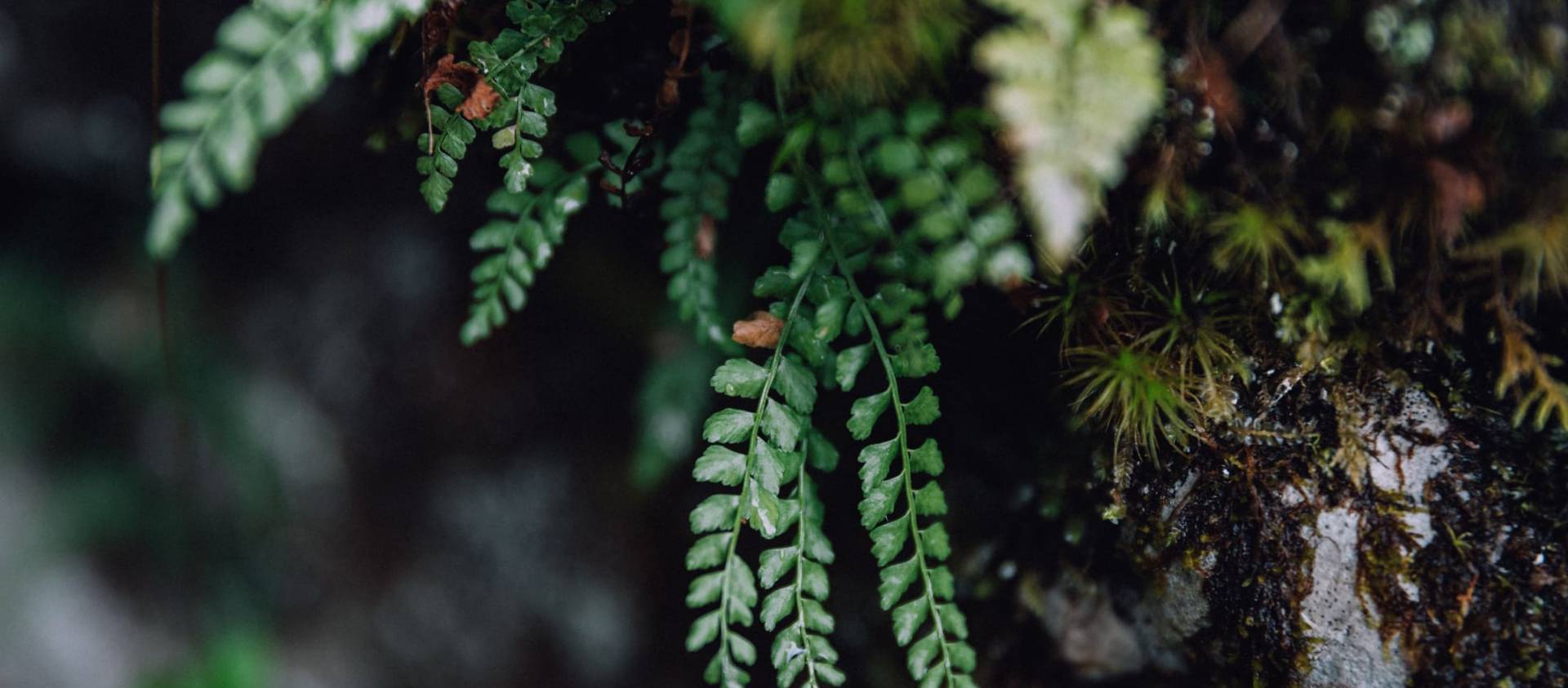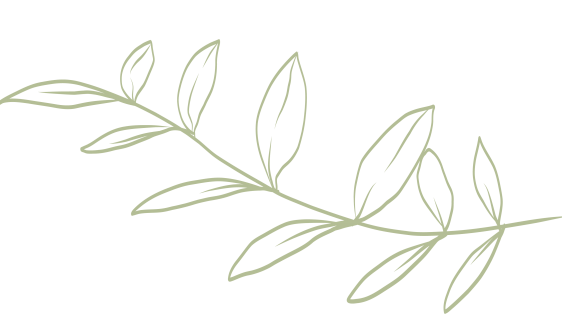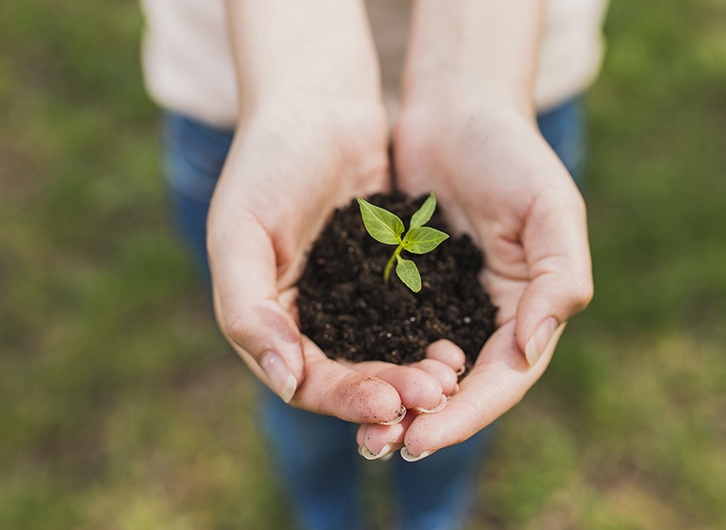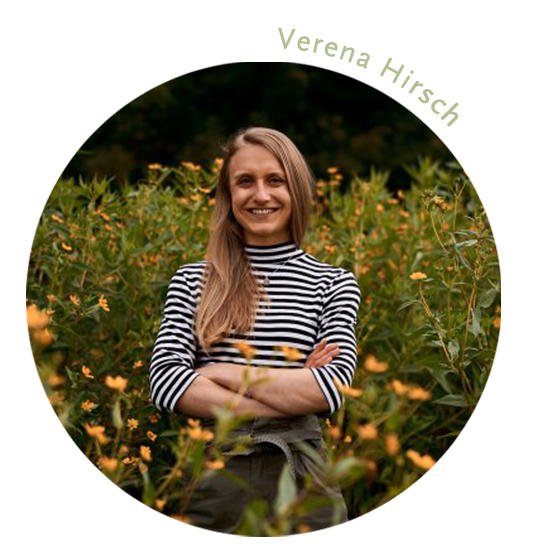But everything slowly one after the other. You're probably familiar with Thanksgiving. Thanksgiving is one of the major Christian holidays and will be celebrated this year on October 01, 2023. The meaning of Thanksgiving is actually much more than a "dusty" church holiday. Let's first look at its original meaning: The feast is meant to remind people of their dependence on nature. For this, Christians thank God for the year's harvest. The feast is also meant to illustrate that man is not in control of God's creation, but is himself a part of it. Okay, leaving God and creation aside, we are served a highly topical subject on a silver platter: We humans are dependent on nature. Or rather on the diversity of species. And it is precisely this biodiversity that is in danger!
For some years now, biodiversity has been the buzzword par excellence when it comes to climate protection and sustainability. You've probably heard about it several times, too. But what exactly is biodiversity? And is biodiversity the same thing? Biodiversity and species diversity are often used as synonyms in common parlance. However, it is not exactly the same. Biodiversity describes the entire biological diversity in our natural world. This includes species diversity, genetic diversity within and between species, and ecosystem diversity. Species diversity is therefore more a partial aspect of biodiversity.
There is now a consensus that species diversity has declined sharply in recent decades - and that one cause is particularly serious: human intervention. Humans have already severely altered 75% of the land surface and two-thirds of marine ecosystems. According to the TEEB Interim Report on Agriculture and Food, global agriculture is responsible for about 70 percent of biodiversity loss. Clearing, huge plantations, as well as monotonous croplands have destroyed the habitat of many species over decades.
But what's so bad about having one less beetle, herb or bird? Each species plays its own role in its ecosystem. Most of them we don't even consciously notice because we don't see them at all. Every ecosystem comprises a complicated network of millions of species that influence each other. The systems strive for a balance and regulate themselves. Humans have significantly disrupted this balance and continue to do so. Be it through the use of pesticides, the pollution of water bodies or the destruction of forests.
-
1. buy certified organic food: By buying fresh organic food, you are not only doing something good for your health, but also for the environment. By doing so, you're supporting organic farming, reducing pesticides in the fields and improving animal husbandry. It's best to buy as seasonal and local as possible. You can find more about organic quality and tips on which labels you can use as a guide when shopping on our website on organic quality.
-
2. do not use chemicals in your own garden: Refrain from using synthetic chemical pesticides and commercial fertilizers in your garden. These get into the water through the soil. Instead, use compost or fertilizer from the organic food store.
-
3. eat less meat: Meat production not only endangers global biodiversity, it also creates a lot of water and land consumption. If you don't want to give up meat completely, buy and consume less and organic.
-
4. reduce ecological footprint: Whether driving, shopping, heating or going on vacation - all our activities leave an ecological footprint and have an impact on the environment. Reducing our ecological footprint also helps biodiversity. When traveling, you can do this easily by choosing a certified BIO HOTEL. There, the food and drinks come from certified organic agriculture with the shortest possible delivery routes. In addition, the BIO HOTELS carry out a CO2 balance every two years.
